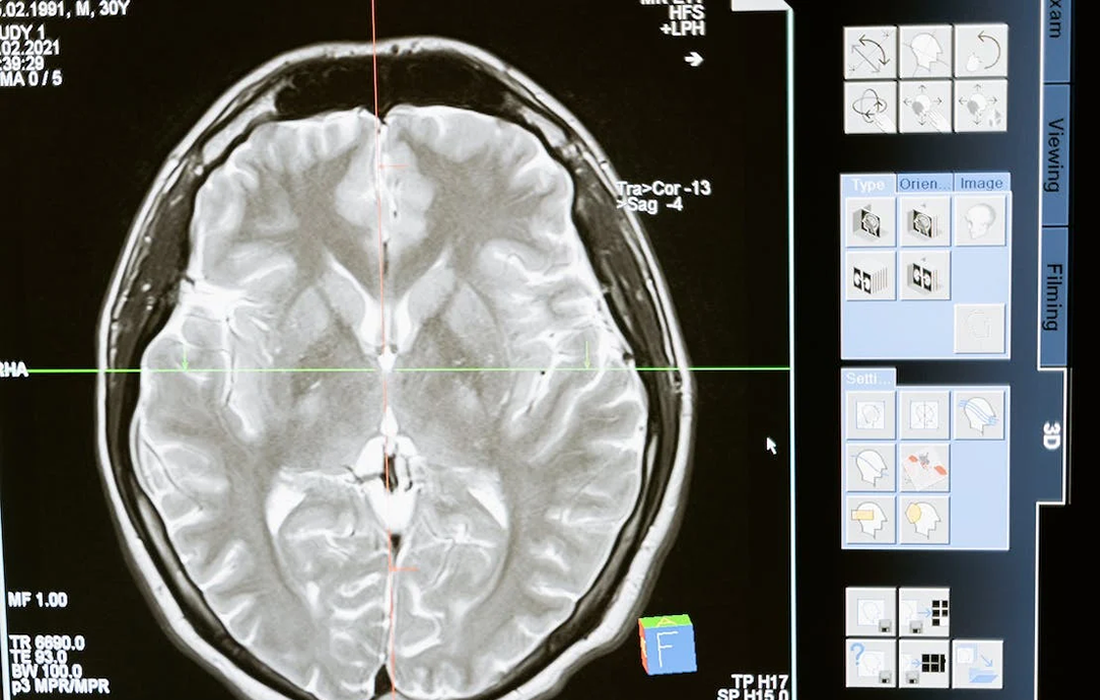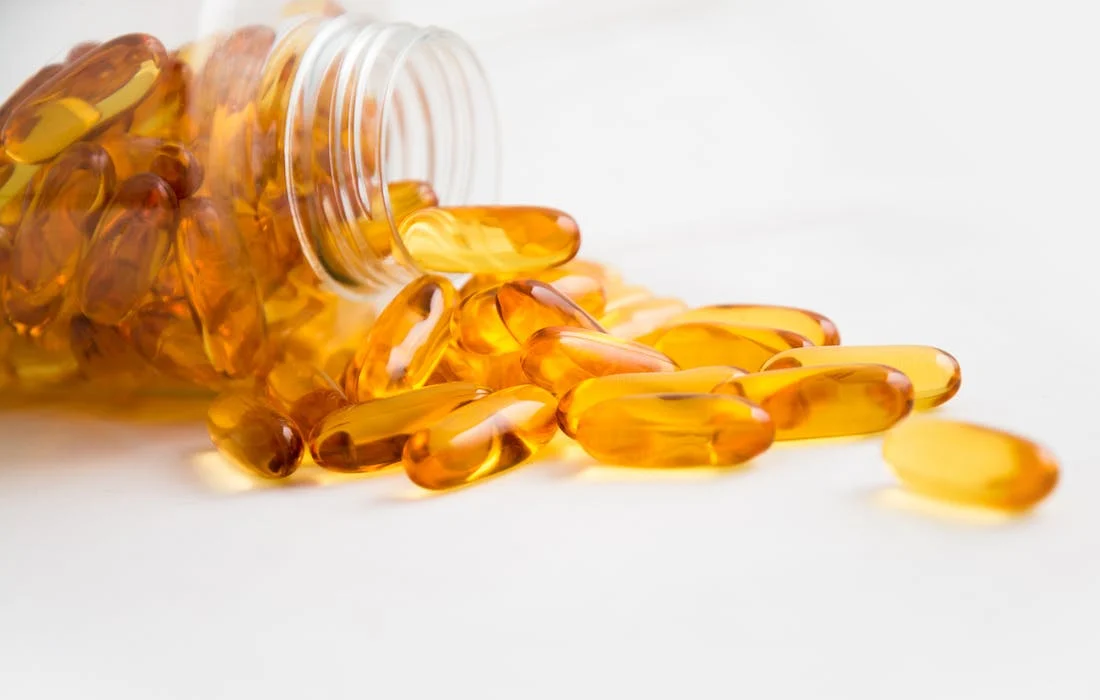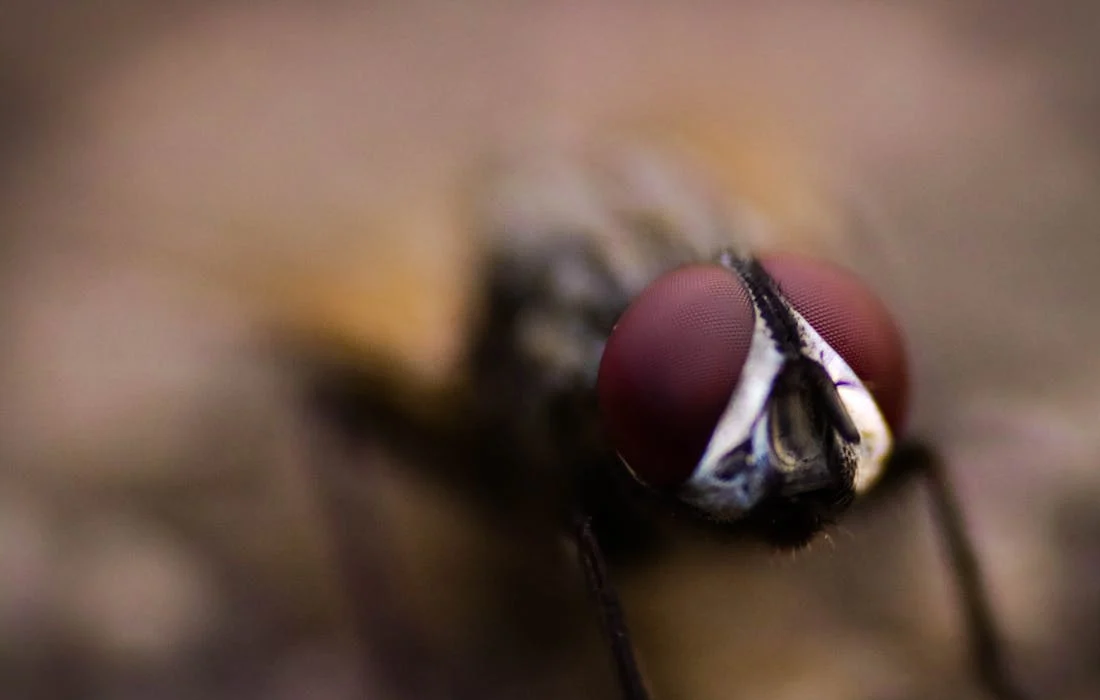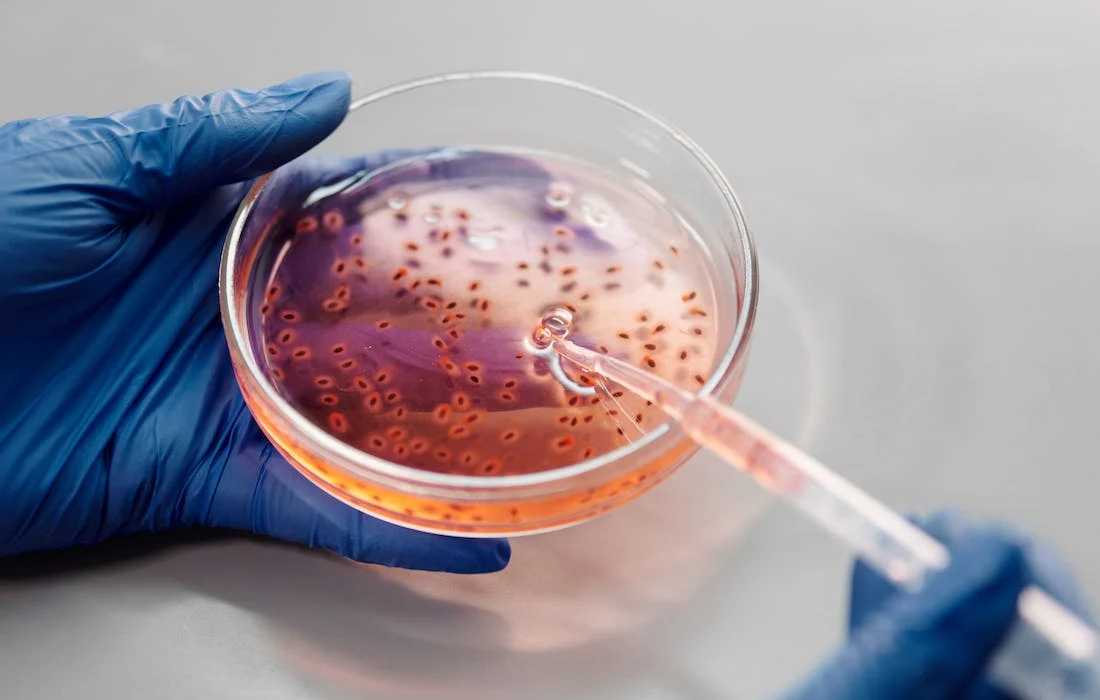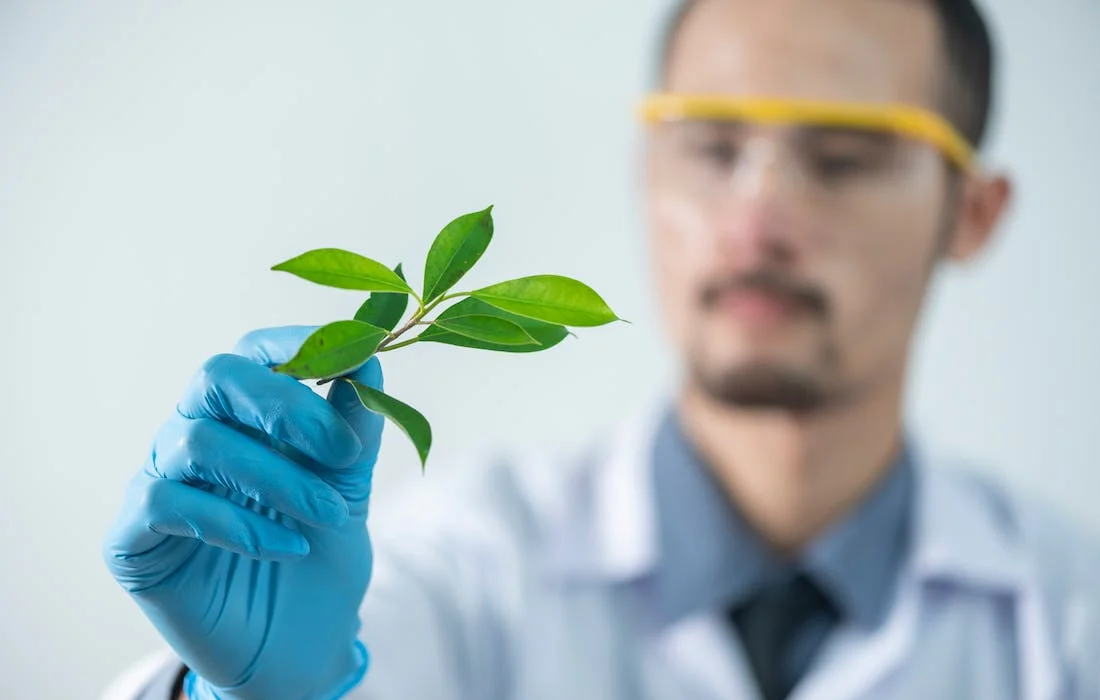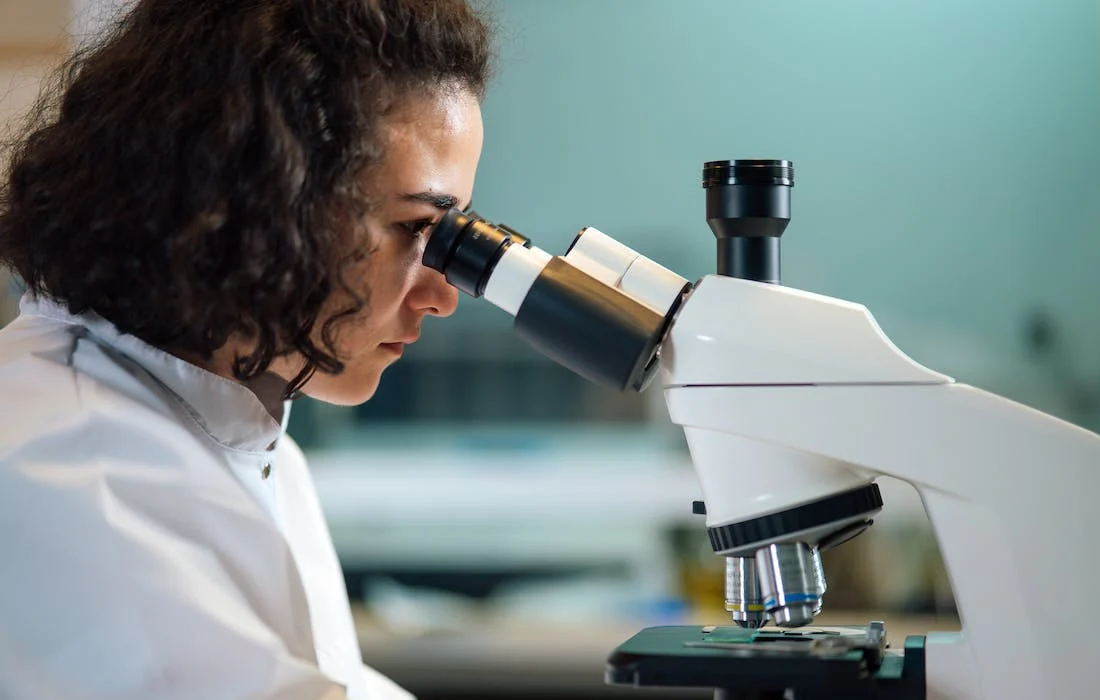The George Institute for Global Health today announced data from the phase III INTERACT3 study demonstrating that a new combination of treatments for stroke due to intracerebral haemorrhage (ICH) significantly improves the chances of surviving without major disability. Results were presented today at the European Stroke Organisation Conference in Munich, Germany, and simultaneously published in […]
Author Archives: Karely Vega, MD
Neuroscientists at The University of Queensland have uncovered how vitamin D deficiency affects developing neurons in schizophrenia, using new technology. Professor Darryl Eyles has built on past research out of his laboratory at the Queensland Brain Institute linking maternal vitamin D deficiency and brain development disorders, such as schizophrenia, to understand the functional changes taking […]
Taking a daily multivitamin supplement can slow age-related memory decline, finds a large study led by researchers at Columbia University and Brigham and Women’s Hospital/Harvard. “Cognitive aging is a top health concern for older adults, and this study suggests that there may be a simple, inexpensive way to help older adults slow down memory decline,” […]
Type 1 diabetes affects 46.3 million people worldwide, and the number of people affected increases by about 3% each year. It requires careful calculations of insulin needs and bothersome daily injections to avoid peripheral diseases caused by extremes of high or low blood sugar. Automated insulin delivery systems, also called artificial pancreases, make diabetes management […]
Researchers at UC Santa Barbara identified the pathway in fruit flies that reduces the sensation of pain from heat. Remarkably, just a single neuron on each side of the animal’s brain controls the response. What’s more, the molecule responsible for suppressing this sensation in adult flies has the opposite role in fly larvae. The surprising […]
Bacteria can rapidly evolve resistance to antibiotics by adapting special pumps to flush them out of their cells, according to new research from the Quadram Institute and University of East Anglia. Antimicrobial resistance is a growing problem of global significance. The rise of resistant “superbugs” threatens our ability to use antimicrobials like antibiotics to treat […]
Watching the clock while trying to fall asleep exacerbates insomnia and the use of sleep aids, according to research from an Indiana University professor — and a small change could help people sleep better. The research, led by Spencer Dawson, clinical assistant professor and associate director of clinical training in the College of Arts and […]
Researchers at UCLA Health and Harvard have identified 10 pesticides that significantly damaged neurons implicated in the development of Parkinson’s disease, providing new clues about environmental toxins’ role in the disease. While environmental factors such as pesticide exposure have long been linked to Parkinson’s, it has been harder to pinpoint which pesticides may raise risk […]
Researchers at the University of Michigan Rogel Cancer Center have discovered a new nutrient source that pancreatic cancer cells use to grow. The molecule, uridine, offers insight into both biochemical processes and possible therapeutic pathways. The findings, published in Nature, show that cancer cells can adapt when they don’t have access to glucose. Researchers have […]
A new discovery about the structure of melanin has brought scientists one step closer to developing a new, potentially ultra-protective sunscreen derived from a biological substance found in nearly all organisms. Researchers from McGill’s Department of Chemistry, in collaboration with The Ohio State University and the University of Girona, have announced a major advance in […]

